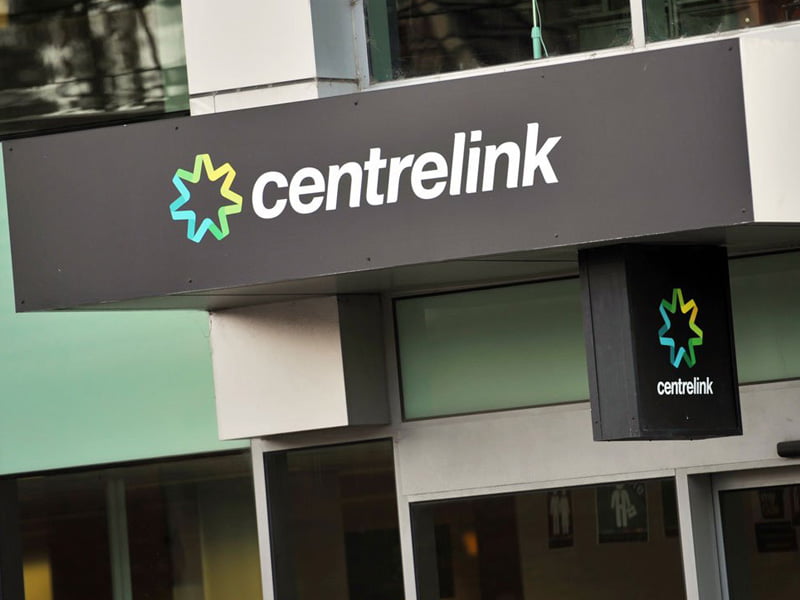The federal government is on the hunt for a private company to provide it a 24/7 data platform allowing it to conduct searches to verify information about welfare recipients.
Services Australia has issued a request for tender for the “provision of identity verification, financial, asset and income search services” to “ensure the integrity” of its programs and services and determine if a recipient has the ability to pay a debt.
In response to questions from InnovationAus, the department said the tender is a continuation of current arrangements and stressed that the process is entirely separate to the highly controversial robodebt scheme, which is the subject of a class action lawsuit.

“This tender seeks to continue rolling contractual arrangements in place since 2011 to support Services Australia searches of publicly available data,” a Services Australia spokesperson told InnovationAus.
“The agency checks public information, such as auction results and transport registrations to confirm identity, income, asset, business and property information for the purpose of assessing a person’s eligibility for welfare payments.”
They said the searches are part of “long-established practice” authorised by various Acts, and only involve publicly available information that is then manually matched against government records, without the use of automation.
Services Australia conducts more than 8,800 of these searches each month, currently made through a “range of internet sites belonging to information providers”. With the tender, the department is looking for a private bidder to develop a centralised platform allowing Services Australia to make all of these searches in the one place.
“Searches are undertaken to assist in ongoing administrative, debt management, fraud and non-compliance functions within Services Australia. The searches are undertaken on both individuals and businesses for the purpose of assessment of entitlement eligibility, reviewing customer entitlements and recovering debt,” Services Australia said in the tender.
“The successful tenderer will be required to provide Services Australia with access to a wide variety of identity verification, financial, asset and income information search services and provide facility for electronic reports to be generated from the results of these searches.”
These will include business and company information searches, financial searches, identity checks, insurance, licences and property searches.
Services Australia wants the platform to be able to be used 24-7 by up to 600 users, who will each be provided with a secure internet site and unique username and password.
Deakin University senior lecturer Dr Monique Mann said the pausing of one of the most controversial aspects of robodebt late last year, the use of income averaging, was bound to lead to more data matching.
“After the concession that their approach to robodebt was illegal and they couldn’t do this reverse onus of proof I thought we’d seen an expanded data collection and matching in response,” Dr Mann told InnovationAus.
“They’re not going to give up on pursuing welfare recipients to reduce spending on welfare,” she said.
“This new technology means that in order to achieve in effect the same ends in a way that they don’t have the issue of reverse onus of proof that has been so problematic in the robodebt context.
“I’m not surprised this is happening. I think it shows the ambitions of the Australian government in terms of data collection and matching, which is not unique to welfare.
“It has been a key area, but we’ve seen it across the board. This is one example of this thirst for information, to slurp up all of the data.”
A spokesperson for Services Australia said the department’s data searches on individuals and companies is entirely separate from robodebt.
The choice to outsource the new search service to the private sector is also part of an ongoing trend of privatisation of government IT projects, Dr Mann said.
“This is really the way of the future, I think. We will be having digital administration, digital governance in terms of approaches to public sector management. There are pros and cons, but we need to be mindful of the consequences and impacts for people, such as privacy,” she said.
“I also find it interesting that they’re running a tender process – they’re outsourcing it. We’ve seen a number of times when these sorts of things are outsourced and there are issues. It’s the trend not only towards data matching but towards outsourcing and privatisation too.”
The tender closes in just one month on 3 April.
Do you know more? Contact James Riley via Email.

